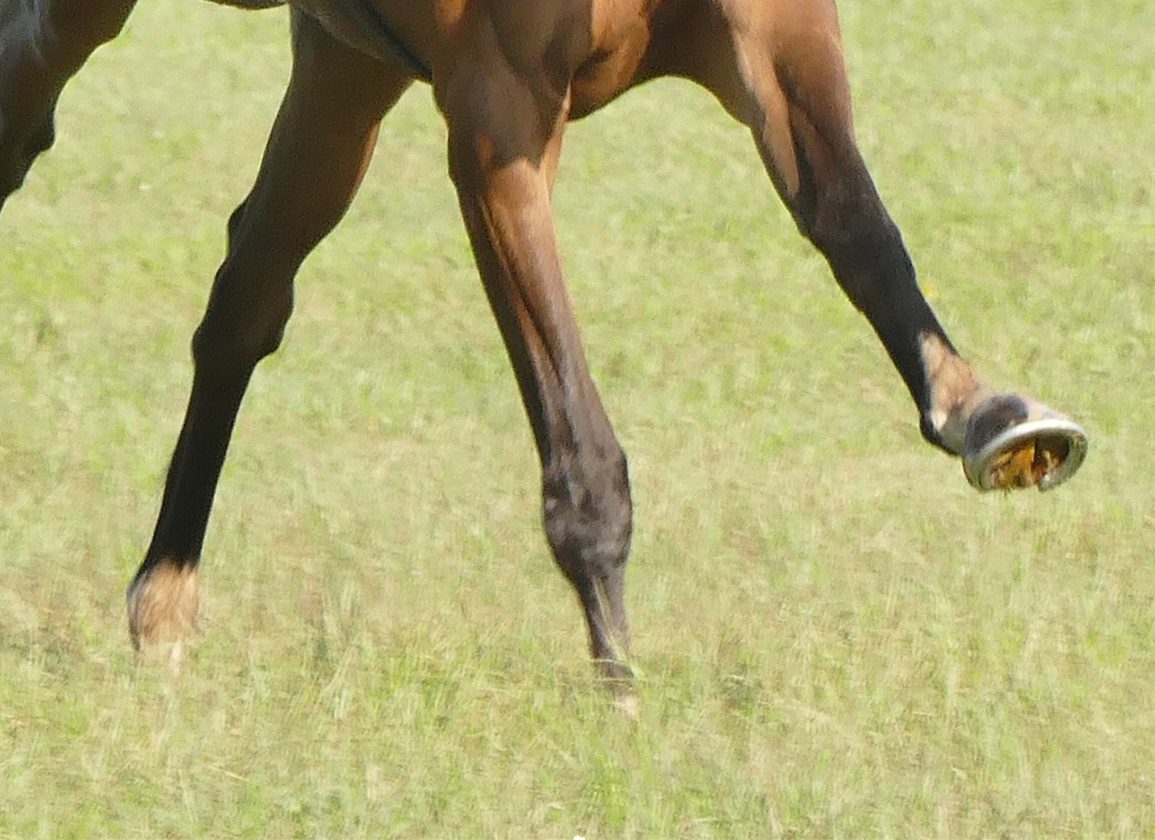The Royal Veterinary College (RVC) has published new research that shows that Thoroughbreds with lower levels of collagen type III have a higher risk of fracture.
The study will help to provide a greater understanding of how best to diagnose and manage horses at high risk of fractures, which is a leading cause of euthanasia within the breed. Currently in the UK, approximately 60 horses each year are put down on racecourses after sustaining such an injury.
The research team leader Dr Debbie Guest, Senior Research Fellow at the RVC, said, “Bone fractures are a major welfare concern in Thoroughbred racing. We know that there are many environmental risk factors for fracture and much has been done over the years to reduce these risks. Despite this effort, fractures sadly still occur, and we know that some horses are genetically more predisposed to fracture than others.”
She continued, “The development of a polygenic risk score for fracture will allow us to identify horses that are at high genetic risk to allow the targeted use of diagnostic imaging and close monitoring of their bone health. This study has also demonstrated the power of using cell models to work out what differences exist in bone cells from high and low-risk horses and therefore why some horses are at high risk. This is vital to develop new interventions for high-risk horses in the future so that they are less likely to suffer from a catastrophic fracture.”
The research, which was funded by the Horserace Betting Levy Board, the Anne Duchess of Westminster Charitable Trust and The Alborada Trust, found that collagen type III, a gene which is required for normal bone formation, is expressed at lower levels in bone cells from horses with a high genetic risk of fracture. This is because they have a change in their DNA sequence in the region which controls how much collagen III is produced.
Additional research is now being undertaken and further studies using this system and cell model will help to identify other genes and processes to better understand why some horses are more susceptible to fracture than others.
Not a subscriber? Click here to sign up for the daily PDF or alerts.






